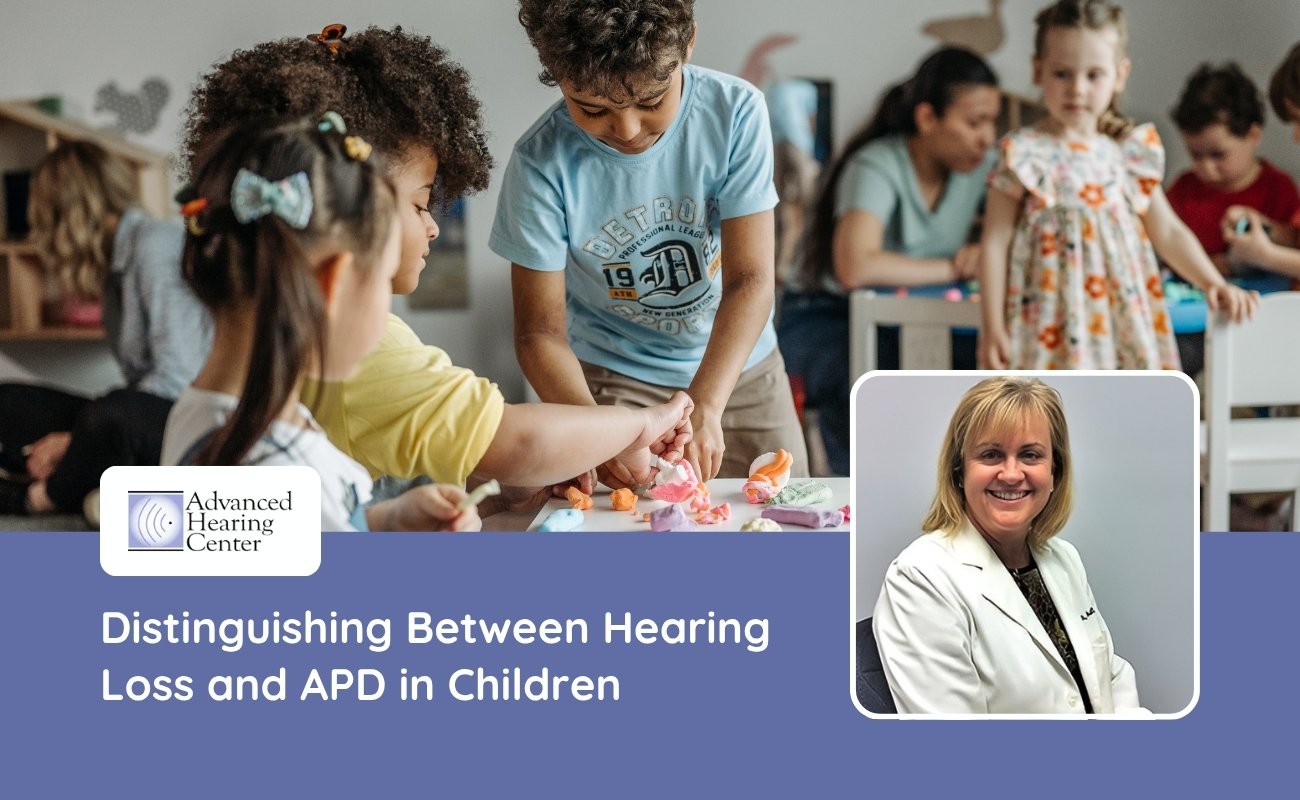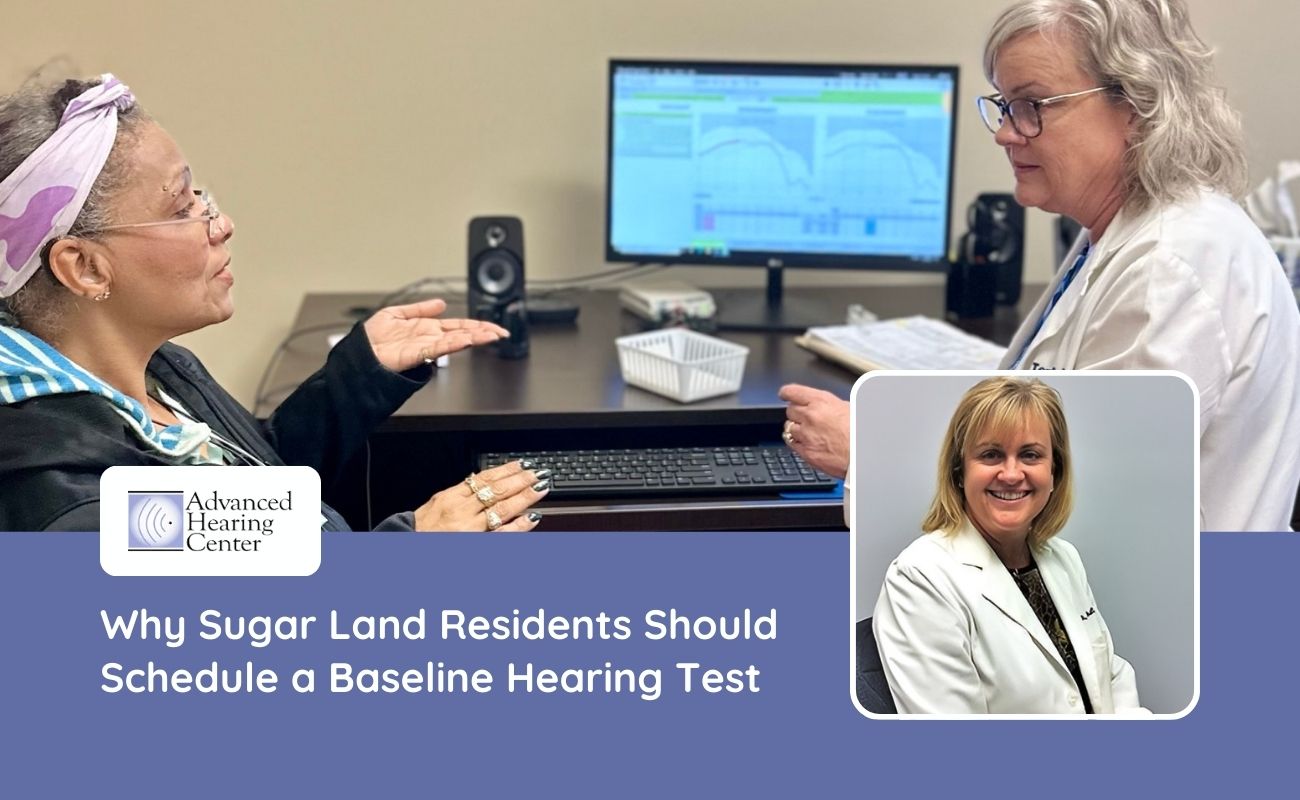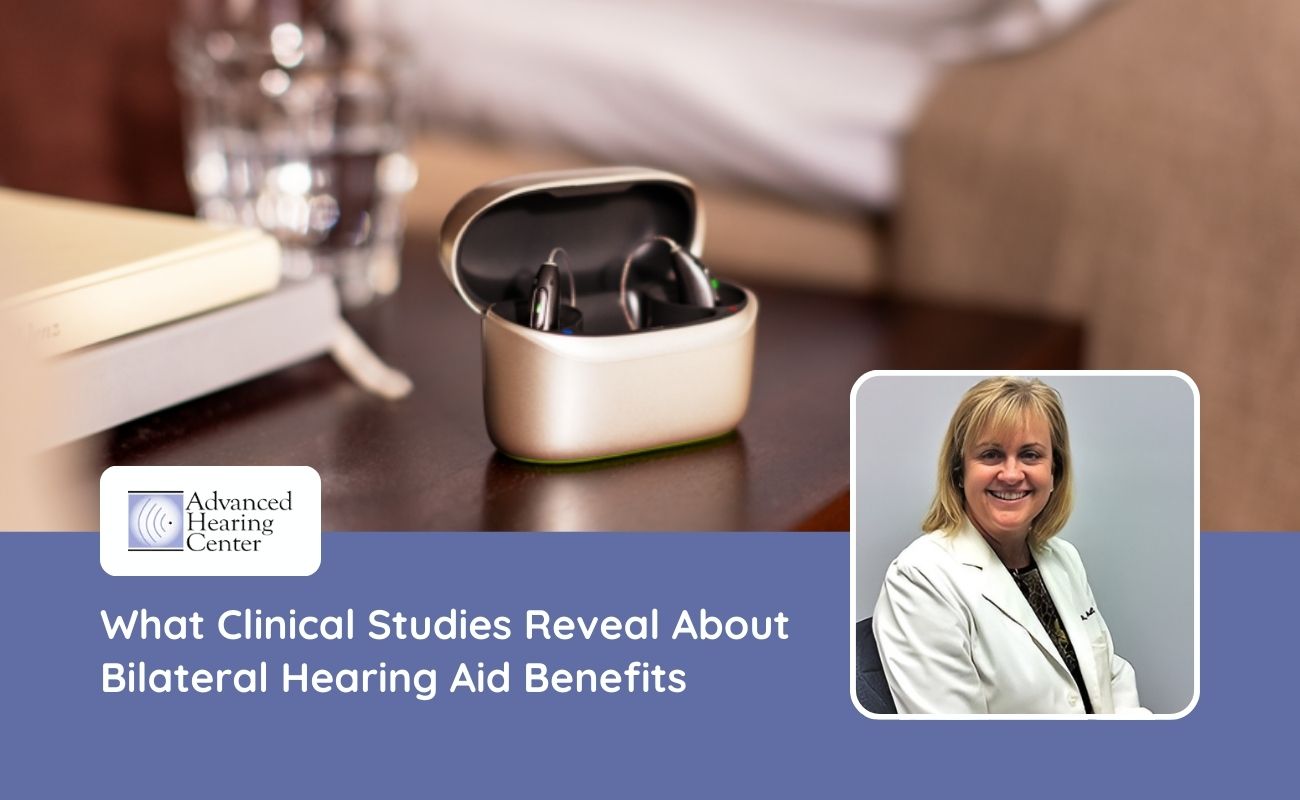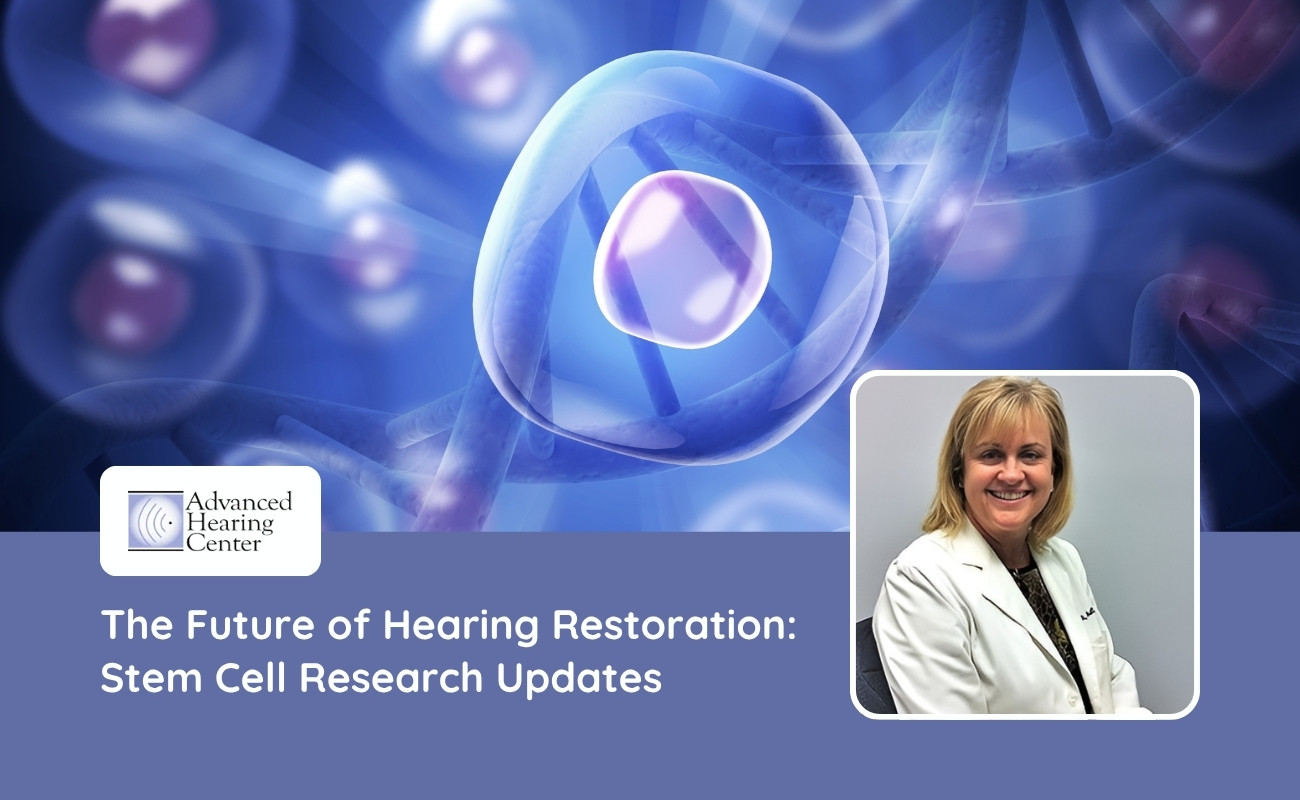
When your child struggles to follow directions at school or frequently asks "what?" or mistakes one word for another during conversations at home, you might wonder if there's a hearing problem. Many Sugar Land parents find themselves questioning whether their child has hearing loss or something called Auditory Processing Disorder (APD). Understanding the difference between these two conditions can help you better support your child's communication and learning needs right here in Fort Bend County.
Hearing loss happens when there's a problem with one or more parts of the ear that prevents sound from being detected properly. In children, this can range from mild difficulty hearing soft sounds to profound hearing loss that significantly impacts speech and language development.
There are three main types of hearing loss:
Children with hearing loss may speak loudly, turn up the television volume, or seem inattentive when spoken to. They might also show delays in speech and language development or struggle academically.
Auditory processing disorder is distinctly different from hearing loss. Children with APD can typically hear sounds normally, but their brain has difficulty processing and interpreting the auditory information it receives. Think of it as the ear hearing the sounds correctly, but the brain struggling to make sense of what those sounds mean.
Your child with APD might experience:
APD can significantly impact a child's academic performance and social interactions, even though their hearing tests may show normal results.
The primary difference lies in where the problem occurs. Hearing loss involves the physical structures of the ear, while APD involves how the brain processes auditory information after the ear has successfully detected it.
Hearing Loss Characteristics:
APD Characteristics:
Distinguishing between hearing loss and auditory processing disorder Sugar Land families deal with requires comprehensive testing by qualified professionals. At our Sugar Land practice, we provide thorough pediatric audiology services that can accurately identify whether your child's difficulties stem from hearing loss, auditory processing challenges, or other factors.
Our evaluation process includes detailed hearing assessments that establish baseline settings for any recommended interventions. We use specialized testing methods designed specifically for children, creating a comfortable and supportive environment that helps young patients feel at ease during the evaluation.
For newborns and very young children, we offer ABR (Auditory Brainstem Response) testing, which can detect hearing issues early without requiring sedation. This non-invasive screening is particularly important for speech and language development, as early identification leads to better outcomes for Fort Bend County families.
Hearing Loss Treatment: When hearing loss is identified, we work closely with Sugar Land families to determine the most appropriate intervention. This might include hearing aids, which we customize through precise fittings using real-ear measurements to verify that devices are providing appropriate amplification for your child's specific needs. This verification process sets us apart from other providers and ensures your child receives optimal benefit from their hearing technology.
For children with severe or profound hearing loss, we provide comprehensive cochlear implant evaluations to determine candidacy for this technology. While we don't perform the surgical implantation, we work collaboratively with specialists to ensure seamless care throughout the process.
APD Management: Children with auditory processing disorder benefit from different strategies focused on improving auditory processing skills. Treatment often includes:
Fort Bend ISD offers several accommodations that can benefit children with either hearing loss or APD. These accommodations help level the playing field for students attending schools throughout Sugar Land, Missouri City, and surrounding areas.
Common School Accommodations Include:
Working with your child's teachers creates a team approach to success. Many accommodations can benefit children with either hearing loss or APD, and our audiologists can help you advocate for appropriate services.
Whether your child has hearing loss or APD, early intervention makes a significant difference in outcomes. Both conditions can impact academic performance, social development, and self-esteem, but with proper support, children can thrive in Sugar Land schools and beyond.
Home Strategies That Help:
These strategies work well whether your child attends public school in Fort Bend ISD, private school, or is homeschooled in the Sugar Land area.
Recent research continues to refine our understanding of auditory processing disorder Sugar Land children experience. Studies show that APD affects approximately 5% of school-age children, with symptoms often overlapping with attention disorders and learning disabilities.
Key research findings include:
This research guides our approach to evaluation and treatment, ensuring Sugar Land families receive evidence-based care.
Both hearing loss and APD require ongoing monitoring and support. Children's needs change as they grow, and regular follow-up appointments allow us to adjust treatment plans accordingly. We provide continuous support for hearing aid users, including programming adjustments and maintenance to ensure devices continue meeting your child's evolving needs throughout their time in school.
For families dealing with either condition, education and support are crucial components of successful outcomes. We take time to explain your child's specific situation and provide guidance on how to best support their communication and learning needs at home and in the classroom.
If you're concerned about your child's hearing or auditory processing abilities, professional evaluation is the first step toward understanding and addressing their needs. The earlier we can identify and address hearing or processing difficulties, the better we can support your child's communication development and academic success in school.
Our team of experienced audiologists specializes in pediatric hearing care and uses child-friendly approaches to make testing comfortable and accurate. We understand that every family is unique, and we tailor our evaluations and recommendations to meet individual needs and circumstances.
Don't let uncertainty about your child's hearing or processing abilities delay getting the help they need. Contact our Sugar Land office today to schedule a comprehensive pediatric hearing evaluation and take the first step toward supporting your child's communication success in school and beyond.

Establishing a hearing baseline in 2026 is crucial for Sugar Land residents, as new research links hearing health to cognitive function and dementia prevention.

Clinical research shows bilateral hearing aids provide 20-30% better speech recognition, improved sound localization, reduced listening effort, and prevent auditory deprivation in unaided ears.

Stem cell research aims to regenerate auditory hair cells and nerves for hearing restoration, with human trials beginning in 2025 though practical treatments remain years away.